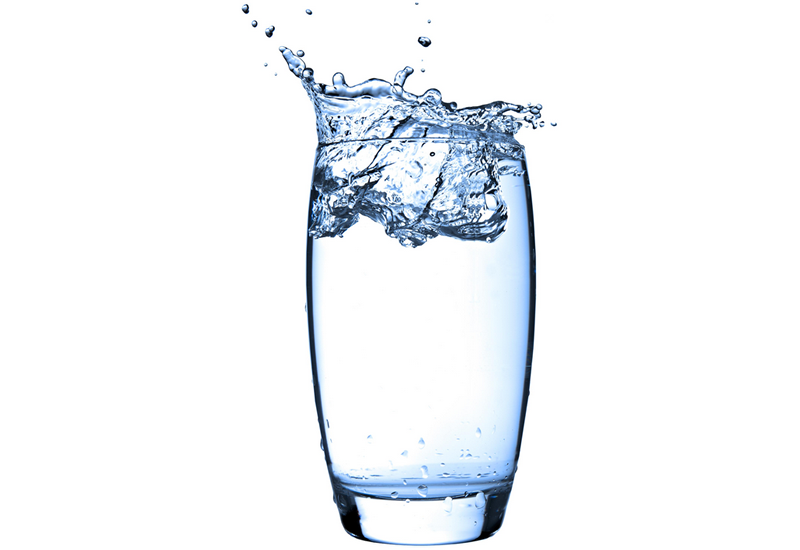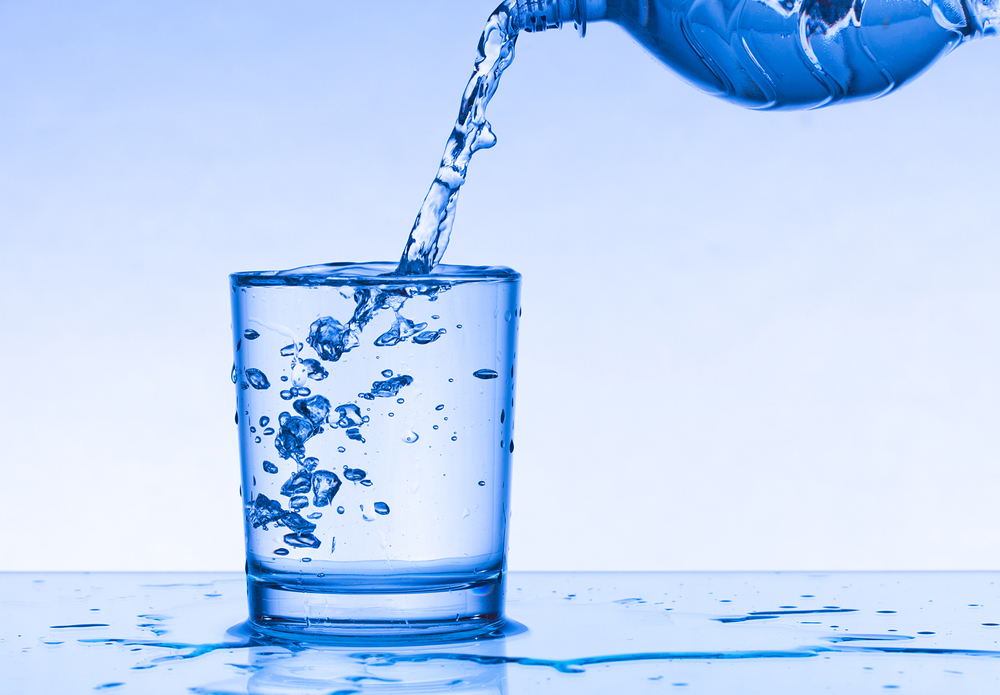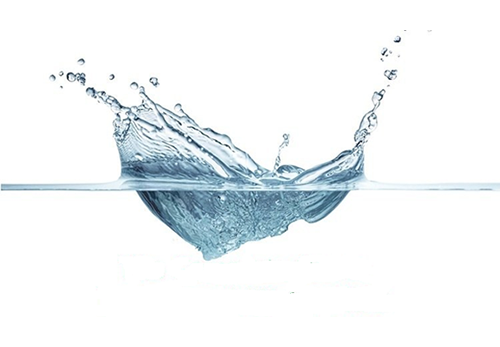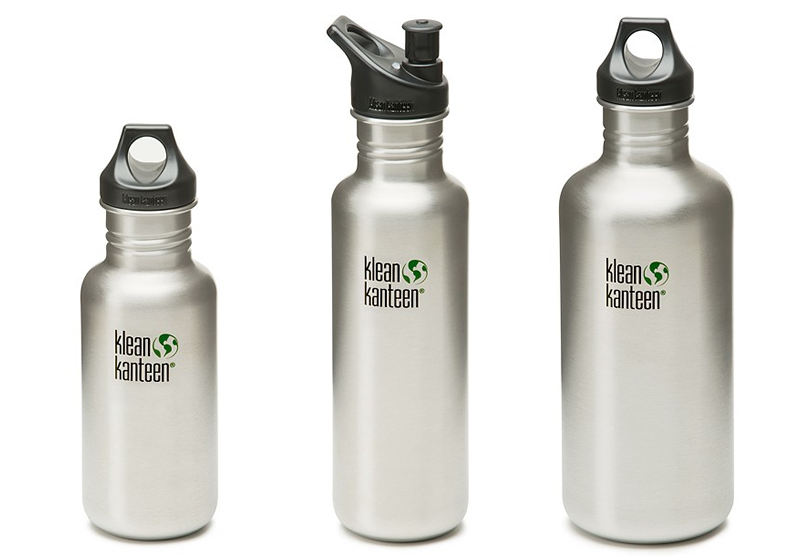This is quite a controversial subject. Read on and decide for yourself.
More information on RO water can be found on this link.
Just about everyone knows that Reverse Osmosis (RO) systems excel at removing water impurities, but few are aware that they also remove the beneficial minerals. In fact, the reverse osmosis process removes 92-99% of beneficial calcium and magnesium. What’s the big deal?
After analysing hundreds of scientific studies concerning demineralized or reverse osmosis water, the World Health Organization released a report stating that such water “has a definite adverse influence on the animal and human organism.”
Consumers have been so concerned with removing as many things from water as possible that they have forgotten to ask if the resulting water actually improves health or causes health problems. It’s assumed that no toxins equals better health, but there is simply more to healthful water than a lack of toxins, as the World Health Organization clearly points out.
What is alarming is that consuming reverse osmosis water for even just a few months can create serious side effects. “The effects of most chemicals commonly found in drinking water manifest themselves after long exposure.” However, only a few months exposure may be sufficient ‘consumption time effects’ from water that is low in magnesium and/or calcium. Illustrative of such short-term exposures are cases in the Czech and Slovak populations who began using reverse osmosis-based systems for final treatment of drinking water at their home taps in 2000-2002. Within several weeks or months various health complaints suggestive of acute magnesium (and possibly calcium) deficiency were reported. Among these complaints were cardiovascular disorders, tiredness, weakness or muscular cramps.” Again, serious side effects within just several weeks or months.
But it gets even worse. Because reverse osmosis water doesn’t have enough minerals, when it is consumed, it also leaches minerals from the body. This means that the minerals being consumed in food and vitamins are being urinated away. Less minerals consumed plus more minerals being excreted equals serious negative side effects and big health problems. In a scientific study performed to see if minerals consumed in food can make up for the lack of minerals in reverse osmosis water, scientists concluded that “reduced mineral intake from water was not compensated by their diets…low-mineral water was responsible for an increased elimination of minerals from the body.”
“It has been adequately demonstrated that consuming water of low mineral content has a negative effect on homeostasis mechanisms, compromising the mineral and water metabolism in the body. Consumption of reverse osmosis water “leads to the dilution of the electrolytes dissolved in the body water. Inadequate body water redistribution between compartments may compromise the function of vital organs. Side effects at the very beginning of this condition include tiredness, weakness and headache; more severe symptoms are muscular cramps and impaired heart rate.”
Article Source: https://www.aqualiv.com/reverse-osmosis-water-filter-health/








